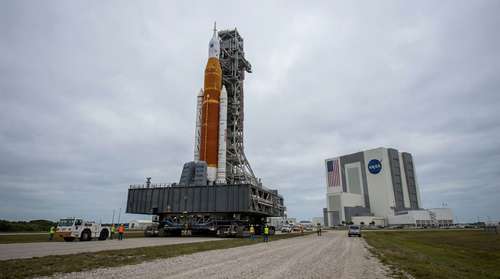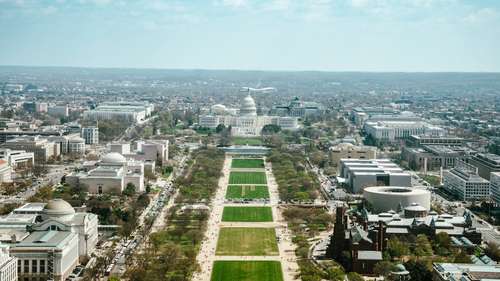The United States Commerce Department has proposed banning Chinese software and hardware in connected and autonomous vehicles in the country over national security concerns. The Biden administration has raised serious concerns about potential data collection by Chinese firms on US drivers and infrastructure alongside the potential foreign manipulation of data from smart vehicles.
With the proposed regulations, the sales of Chinese vehicles with key communications or automated driving systems – software or hardware – would no longer be legal on US streets. Meanwhile, last week, the Biden administration established intense tariff hikes on Chinese imports, including a 100% import duty on electric vehicles alongside new hikes on EV batteries and major minerals.
US Fancies Prospects of Foreign Automobile-aided Espionage
"You can imagine the most catastrophic outcome theoretically if you had a couple of million cars on the road and the software were disabled," said US Commerce Secretary Gina Raimondo.
Meanwhile, President Biden ordered introspection earlier this year into whether Chinese vehicles impose national security risks over car-linked software or hardware. The order also questioned whether Chinese software and hardware should be banned in all vehicles on American roads.
Biden’s orders came after a group of US lawmakers in November raised an alarm about the possibility of Chinese auto and tech firms collecting and handling sensitive data while testing autonomous vehicles in the country.
Earlier, the US presidency had highlighted potential links between China and the US’ automotive security concerns. “China’s policies could flood our market with its vehicles, posing risks to our national security. I’m not going to let that happen on my watch,” Biden said.
According to the Commerce Department, the public has 30 days to comment on the proposed policy before any rules are finalized, per a Reuters report.
Meanwhile, virtually all newer vehicles on US roads have onboard network hardware that allows Internet access, allowing them to interact with devices within and outside the automobile.
Responding to Chinese critics that the announcement was a perfectionist move by the US, White House national security adviser Jake Sullivan denied the accusations, reaffirming that the proposed trade restrictions were a "strictly national security action." "We've already seen ample evidence of the PRC pre-positioning malware on our critical infrastructure for disruption and sabotage," Sullivan explained.
Raimondo highlighted the potential threats that China or Russia could pose to any American should they receive information about a driver’s residence, children’s school, clinic, and other sensitive information that could leave the US resident vulnerable.
Meanwhile, the Chinese government has refuted US allegations that its hackers embedded malware in US infrastructure. In a statement by China’s Foreign Ministry, Lin Jian, spokesman for the ministry, says, “China opposes the US’s broadening of the concept of national security and the discriminatory actions taken against Chinese companies and products.”
"We urge the US side to respect market principles and provide an open, fair, transparent, and non-discriminatory business environment for Chinese enterprises," he added. Earlier in the year, the Commerce Department banned the sale and provision of certain products and services from Russian cybersecurity firm Kaspersky Lab. Kaspersky Lab has hundreds of millions of users globally.
Final Thoughts
The US government says it's ready to ban Chinese software and hardware from its vehicles over automotive security concerns. While China refutes any allegations that its hackers have embedded malware in automobiles it exports to the US, the US maintains that its decision is a "strictly national security action" to protect its population's safety.




